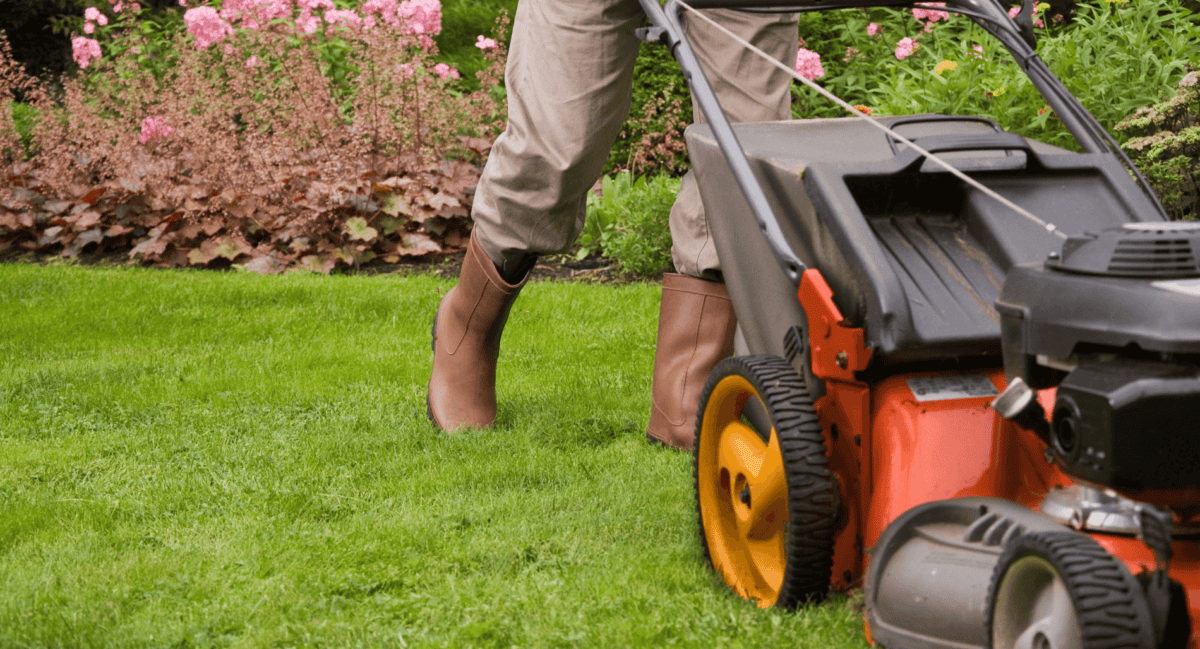
Enjoying Summer Gardening with Hearing Loss
Summer is a wonderful time for gardening, allowing us to connect with nature and reap the rewards of our hard work. For individuals with hearing loss, gardening can provide even more benefits, such as relaxation, stress reduction, and improved mental well-being.
However, gardening activities often involve background noise and communication challenges, which can be particularly taxing for those with hearing loss. With the right strategies and tools, individuals with hearing loss can enjoy their summer gardening experience. Here are a few tips and recommendations to help those with hearing loss make the most of their summer gardening.
Make a Plan
Before heading out to the garden, take the time to make a plan. You can use sketches or drawings to map out your garden beds, placement of plants, and any other features you’re planning to incorporate. If you’re gardening with family and friends, this plan can help compensate for any missed instructions or conversations that may occur due to hearing loss. It also ensures that you can easily refer back to your plan if you need a reminder or clarification while working in the garden.
Optimize Lighting
Good lighting is essential for gardening, especially for individuals with hearing loss who rely more on visual cues. Ensure that your garden is well-lit, both during the day and in the evenings, to enhance visibility and reduce potential accidents.
Natural light tends to be the most beneficial, so consider opening up areas by trimming shrubs or trees to allow ample sunlight in your yard. Additionally, installing outdoor lighting or using portable lamps when working at dusk or night can make tasks easier and safer.
Signal Systems
If you’re gardening with family, develop a couple of simple signals for better communication. For example, agree on hand signals for important messages like “stop,” “help,” or “look.” These signals can provide a quick and effective way to convey information even in noisy gardening environments. Having pre-established signals eliminates the need to shout or repeat words, ensuring that important messages are clearly communicated between individuals.
Use Vibrating or Visual Alerts
When working in a noisy garden, it may be challenging to hear important alerts or notifications, such as timers, alarms, or your phone ringing on the deck. Consider using devices with vibrating or visual alerts instead. For instance, wear a vibrating wristband or use a smartphone app that uses visual cues, so you can receive alerts without relying solely on auditory signals. These types of devices can help ensure that you don’t miss any reminders or essential safety warnings while working in your garden.
Use Assistive Listening Devices
Assistive listening devices (ALDs) can significantly enhance your gardening experience. ALDs, such as personal amplifiers or FM systems, help amplify important sounds from your surroundings, making them clearer and easier to understand. These devices can be particularly useful for alerting you to the presence of others in the yard, warning signs, or emergency vehicles. Consult with your hearing health professional to explore the best ALD options that align with your specific hearing needs and gardening requirements.
Take Breaks to Check In
Gardening can be an engrossing activity, but it’s important to take breaks and check in with your hearing health. Use these breaks as an opportunity to assess your hearing aids, change batteries if needed, and ensure they are functioning correctly. If you notice any issues or changes in your hearing aid performance, schedule an appointment with your local hearing health professional for cleaning and maintenance. Regular check-ins will help ensure that your hearing aids continue to support your gardening activities and make your time outdoors safe and enjoyable.
Protect Your Hearing
Do you use power tools in the garden? Lawnmowers, trimmers, and leaf blowers can all generate excessive noise levels. Protect your hearing from loud sounds to prevent further hearing damage. The best way to protect your hearing is to wear ear protection such as earmuffs or earplugs specifically designed for noise reduction. These devices will help minimize the impact of noise exposure on your hearing health and allow you to enjoy your gardening activities without putting your ears at risk.
Visit Us for Hearing Aid Maintenance
We want you to have the best gardening experience this summer. Visit us today for a summer hearing aid maintenance appointment, and make sure your devices are ready for the summer season.
